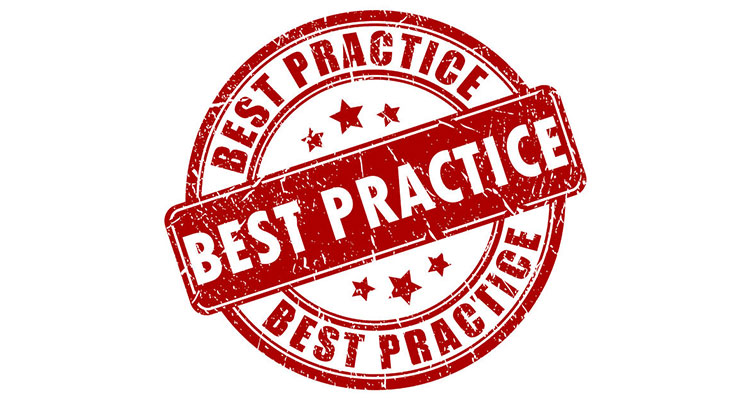Introduction to Incremental Improvements
 There’s one phrase that I don’t often throw out into discussions, but when I do, I have good reason to. I drag it out when I see people putting an inordinate amount of time into things that have either a very remote chance of a payoff and/or a payoff that’s incredibly small. I call it “majoring in the minors.” You’re probably familiar with the expression “putting the cart before the horse,” and that’s basically the same thing.
There’s one phrase that I don’t often throw out into discussions, but when I do, I have good reason to. I drag it out when I see people putting an inordinate amount of time into things that have either a very remote chance of a payoff and/or a payoff that’s incredibly small. I call it “majoring in the minors.” You’re probably familiar with the expression “putting the cart before the horse,” and that’s basically the same thing.
When it comes to managing your time and resources, there are lots of heuristics you can use to organize yourself (and I’ve tried many of them). So, here’s one more. In order of importance, focus on the following:
- Big things that have big payoffs
- Little things that have big payoffs
- Little things that have little payoffs
Things both big and little that have big payoffs can be thought of as Best Practices. Strive to perform those consistently, and you’ll be rewarded with significant performance increases in whatever you’re applying them to, such as sales, design, installation and after-care service — it doesn’t matter; this understanding applies to all things.
Once you’ve got your best practices squared away and nailed down, that’s when it’s time to look towards perfecting the littlest things. Moving sideways from business performance over to sports performance, the coaches I know refer to focusing on the small things as Incremental Improvements, or sometimes “the 1%.” These are refinements for an athlete who has already mastered the fundamentals of the sport and is already performing at an advanced level. Hard, consistent work on the fundamentals is what delivers most of the results.
Only once that mastery is demonstrated is it time to think about experimenting with Incremental Improvements, whether they are directly applied, slight refinements to technique or indirectly applied, such as doing yoga on a balance ball. The thinking is that little things may only contribute 1% performance improvement each.
On their own, that’s not much. But for someone who’s already at 90-95%, each 1% improvement is going to make them stand out even further, even among other star athletes. But — and not to belabor the point — worrying about the little things before the big things is largely a waste of time.
Unsurprisingly, this is a broad topic because it applies to, well, everything. Applying the magnifying glass and a problem-solving outlook to pretty much any of your processes will identify things that you can do both differently and better.
I wanted to share an adaptation I made recently to my time management. As small changes go, they don’t get much smaller: checking the junk and drafts folders in my Outlook. I’ll be the first to tell you these aren’t 1% improvements. They’re more like half of one half of one percent, if that. Regardless, the performance improvement gleaned from adding this to my day is measurable — I end up not looking like an idiot.
I recently wrote about the time I found a PO from one of my clients in the Junk folder, where it had been for two weeks. That’s an unfortunate occurrence that’s easy to avoid replicating. Less embarrassing (but still annoying) is the times I’ve found emails I thought I had sent stuck in my drafts folder. But again, that’s a simple fix.
Next time we’ll drill down with other, less ridiculous examples.





